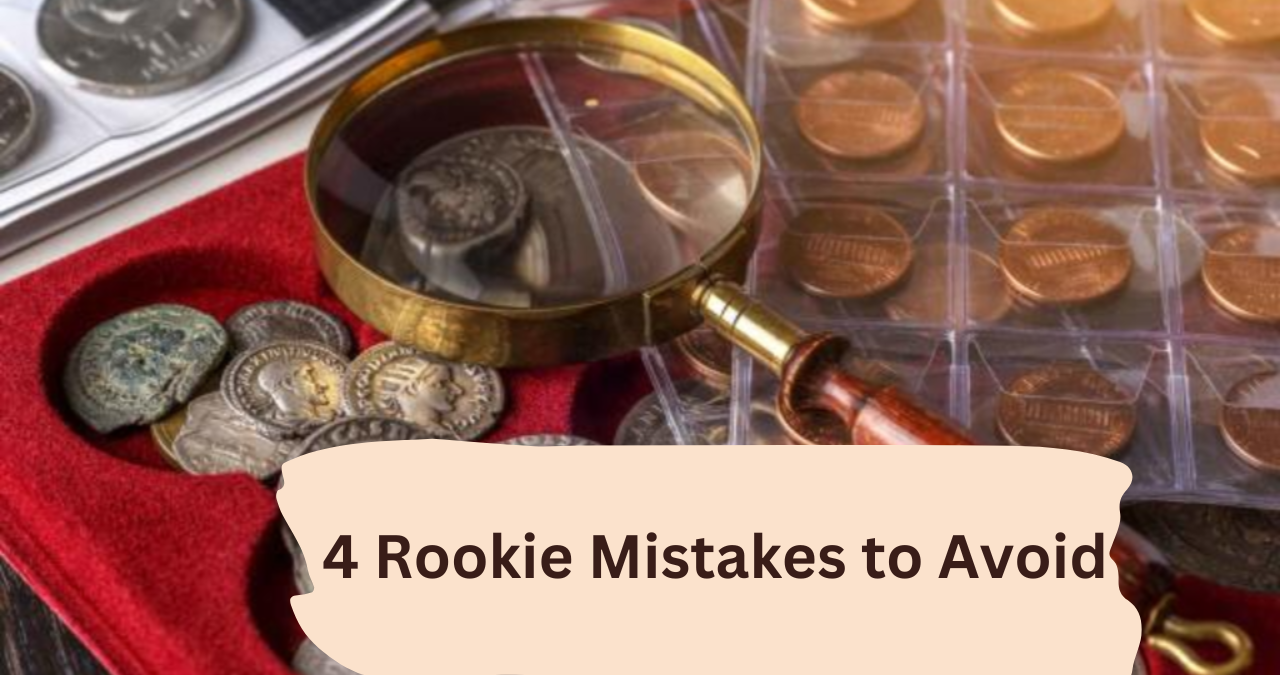Have you ever stumbled upon an old coin or a unique paper bill that looks valuable? Whether it’s a family heirloom from your attic or a find from a flea market, discovering rare currency can be thrilling. However, before you rush to show it off or clean it, numismatic experts warn against a few key mistakes that could reduce its value.
Coins and currency collectors have certain standards when it comes to preserving the original state of these valuable pieces. According to Donn Pearlman, a spokesperson for the Professional Numismatists Guild, here are four things you should absolutely avoid doing if you come across a potentially rare coin or bill.
1. Don’t Clean the Coin
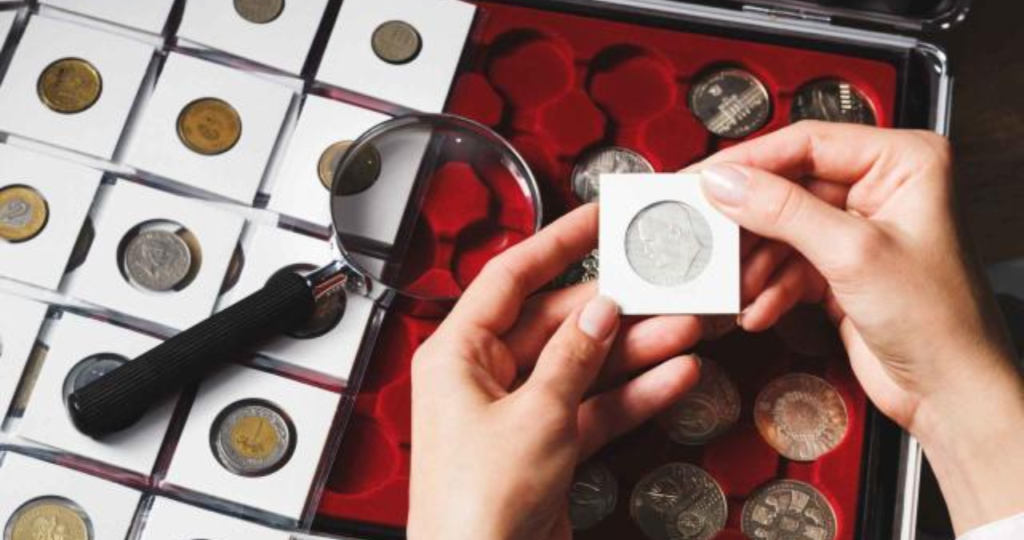
It might be tempting to polish up your old coin to make it look as pristine as possible, but this is actually one of the worst things you can do. Many collectors are drawn to coins in their original state, even with some signs of aging. Cleaning can scratch the coin’s surface, and even a small scrub can greatly reduce its value.
Expert Tip: Pearlman emphasizes, “Never clean a rare coin. Even a small scratch or scrub can turn a valuable coin worth $1,000 into a mere $100.”
If your coin has significant dirt or tarnish, consider taking it to a professional restoration service like the Numismatic Guaranty Company, which specializes in careful preservation techniques. But remember, the older and more original the look, the better!
Discover Valuable Dimes Hiding in Your Spare Change
2. Avoid Touching the Coin’s Surface
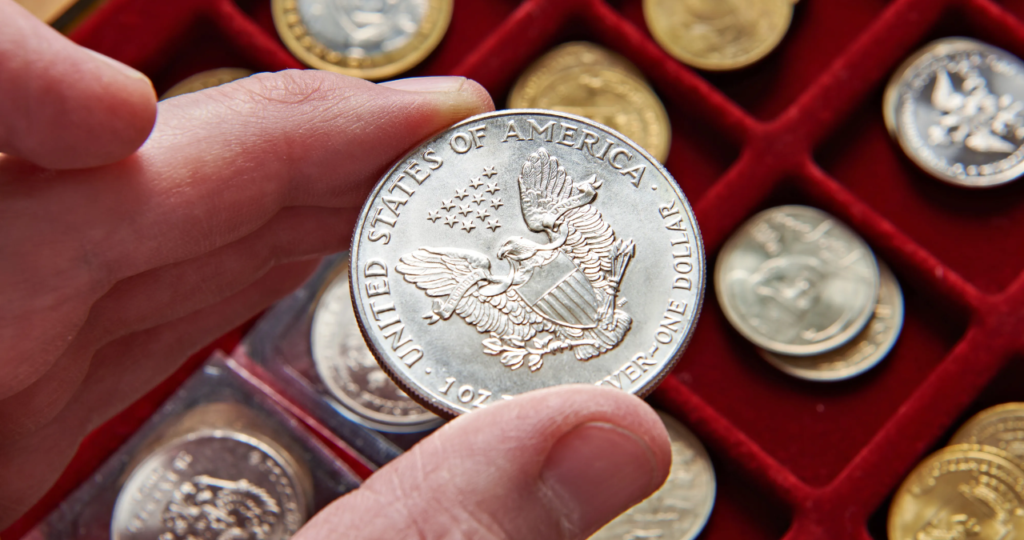
Another mistake many new collectors make is handling the coin too much. While you may want to feel the weight of your valuable find, oils and fingerprints from your hands can damage the coin’s surface. These marks may not be noticeable at first but can reduce the value over time.
Tip for Handling: Pearlman advises only touching the edges of a coin if you must hold it. Avoid letting your fingers touch the front (obverse) or back (reverse) as this can leave oils that may tarnish the coin.
If you want to examine it closely, consider using a magnifying glass and handle it gently to preserve its original condition.
3. Don’t Fold or Crease Paper Currency
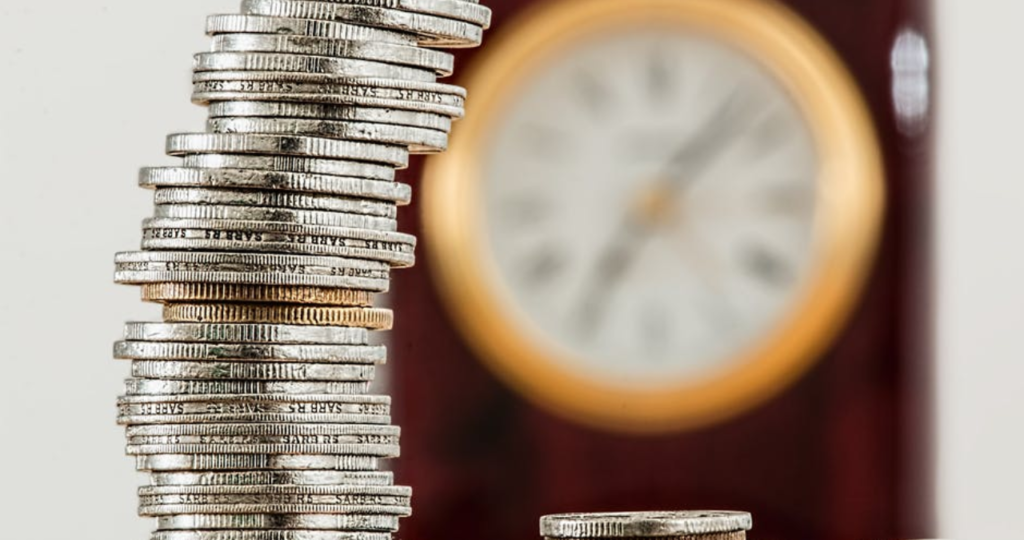
If your valuable discovery is a rare paper bill, like one with unusual serial numbers or special features, resist the urge to fold or store it in a wallet. Creases and folds can affect a bill’s overall worth, especially if it’s a vintage piece. Even a single fold can decrease its value to collectors who often seek bills in their best possible condition.
Storage Tip: Pearlman recommends storing rare paper currency flat, in a protective cover, or in a secure container. If it’s already folded, avoid adding further creases.
Taking these precautions can help maintain its integrity and prevent any damage that could impact its potential market value.
4. Don’t ‘Wing It’ on the Evaluation Process
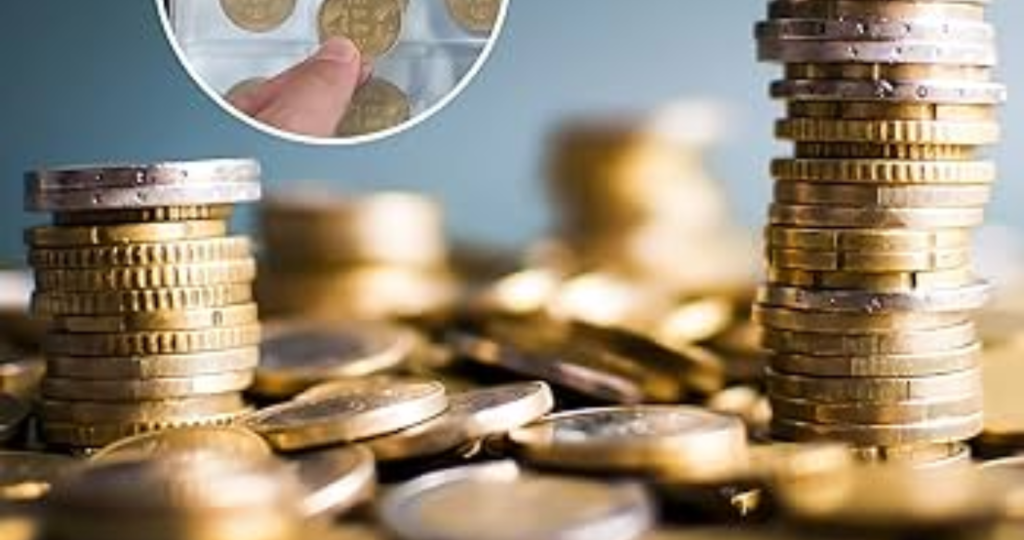
Perhaps the most important step after finding a rare coin or bill is to get it evaluated professionally. Many people guess the value of their finds based on online listings or casual appraisals, but this can lead to missed opportunities.
Expert Advice: Pearlman suggests consulting a reputable coin dealer or a member of the Professional Numismatists Guild (PNG), as they follow strict ethical guidelines and can offer reliable valuations. “A trusted expert can guide you through the process and provide an honest assessment of its value,” he adds.
Experienced collectors and dealers have the knowledge to spot details that might go unnoticed and could significantly increase the item’s worth.
Historic Coins That Cost More Than Gold Today!
Final Thoughts
Finding a rare coin or bill can be exciting, but preserving its value requires care and caution. Avoid cleaning it, keep fingerprints away, and store paper money without creases. Seek an expert’s opinion to determine the value and enjoy the journey of learning about numismatics, the fascinating world of currency collection.

